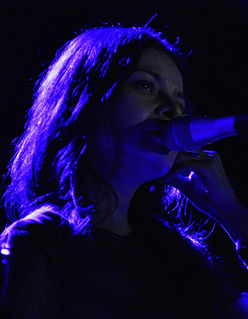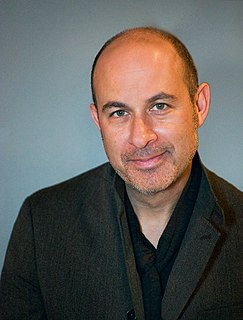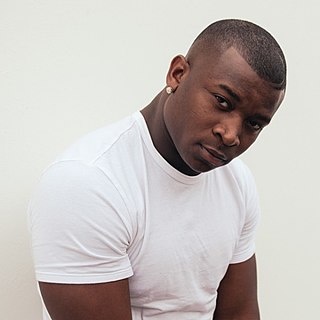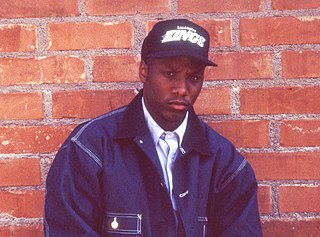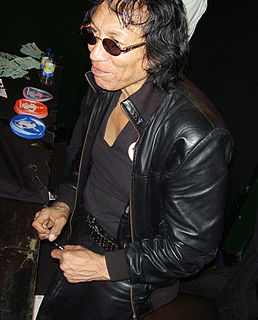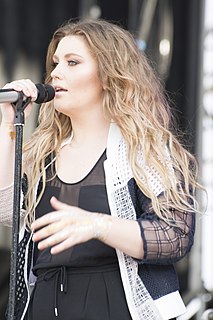A Quote by Hope Sandoval
My family is still in Los Angeles. We listened to all sorts of music: Mexican music, oldies, soul, disco and rock & roll. I was surrounded by music.
Related Quotes
No matter what though, there's always rock & roll. There's rock 'n' roll in hip-hop, there's rock & roll in pop music, there's rock 'n' roll in soul, there's rock 'n' roll in country. When you see people dress and their style has an edge to it, that rebellious edge that bubbles up in every genre, that's rock & roll. Everybody still wants to be a rock star.
There's rock n' roll in hip-hop, there's rock n' roll in pop music, there's rock n' roll in soul, there's rock n' roll in country. When you see people dress, and their style has an edge to it, that rebellious edge that bubbles up in every genre, that's rock n' roll. Everybody still wants to be a rock star, you know?
There are many fans of hard rock music that have been wrongly pigeonholed as apathetic. This music is not music for the elitist coffeehouse culture in SoHo. It' s rock 'n' roll music for kids across the land, and I think that makes it much more subversive in a way, in that it has the form and the function of a powerful, populist music, but it can carry very incendiary messages.
Disco existed before we were all born and will exist afterwards. It is a ritual - it is a celebration - and it is the same kind of music that we call disco or rock'n'roll or a whole list of names that we can call it. Call it what you will, nothing will change the fact that certain kinds of music will make you want to celebrate or party.
